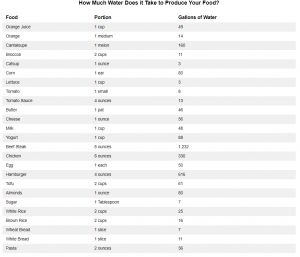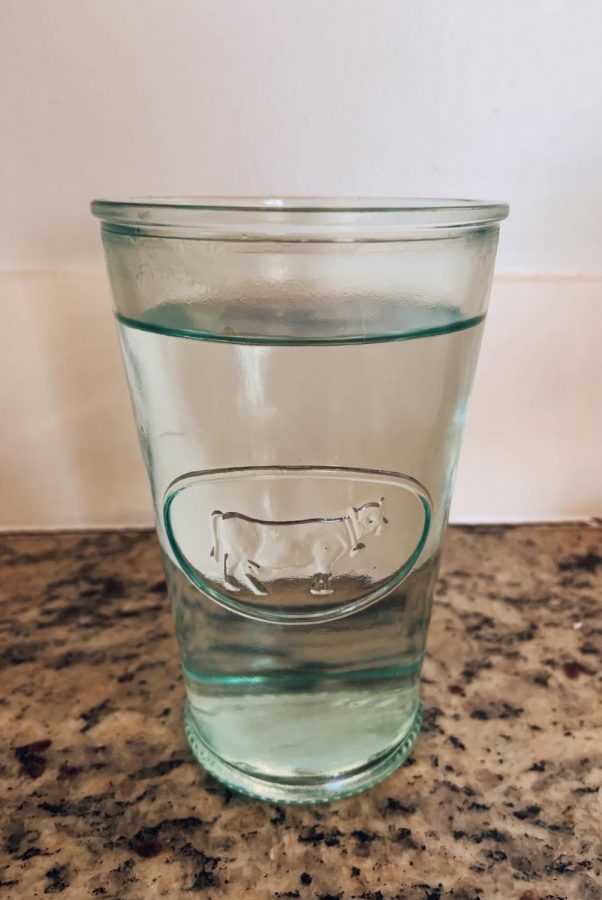A Parched Future
Cutting back consumption of beef, argues the Prospect’s Dylan Field, is one way to address the global water crisis.
Water.
It is the fundamental building block of all life and a constant presence in our daily lives. Whether it be taking a shower, washing our hands to prevent the spread of COVID-19, or having lunch at school, it is impossible not to rely on it.
However, we are running out of it.
Fast.
Although only 700 million people currently suffer from absolute water scarcity, as a 2014 article by the United Nations Department of Economic and Social Affairs states, by 2025, it is estimated that 1.8 billion people will suffer from absolute water scarcity. In n other words, this will mean that 1 out of 5 will lack access to clean fresh water (the predicted population of the world in 2025 is 7.9 billion, according to the live population counter LivePopulation.com.)
Now take a second just to picture that, if we were to do nothing to conserve our water, the amount of people in 2025 without immediate access to water will be more than 14 times the amount of people that have contracted COVID-19, according to Worldometer.com, which has provided statistics for the UK government. Simply from the Coronavirus alone, our lives have been flipped upside-down, but unlike COVID-19, this problem does not have a vaccine. When talking about our water epidemic, the United Nations Foundation points out that, “We haven’t found alternative solutions.” If we were to run out of fresh water, then there would be no other way to get it back, so it is vital that we take action to address this problem. Where can we start?
Although this issue may seem overwhelming to many of us, similar to many environmental issues, we can all start by taking the right small actions. Small actions to conserve water are simple, and can accumulate to make the world a far more sustainable place. For example, according to the Bureau of Reclamation, the largest wholesaler of water in the US, there are many simple ways we can reduce our consumption of freshwater, which can be far more powerful than reducing the amount of time we shower, or the duration of time we brush our teeth.
Surprisingly, as presented in the Bureau of Reclamation’s data from 2020 (see tables below), we have the ability to save far more water in our routine by simply cutting cattle from our diet than reducing the amount of fresh water we directly consume. Cows consume a lot of water when they are raised so 8 ounces of steak, one the size of your palm, takes a whopping 1232 gallons of water to produce–enough to fill 51 bathtubs! Luckily, there are plenty of alternative meats that can be produced with far less water than cows, so meat-lovers can still be sustainable! For example, chicken only requires a quarter of the amount of water compared to beef, only needing 330 gallons of water to produce 8 ounces of meat.

It is necessary that we change what we eat for the better, and a simple way to do this is to reduce the amount of cattle we consume. If we do not take action to change our lifestyles, our lifestyles will change for the worse. It is necessary to take action to solve the faltering supply of fresh water.
This is Dylan's first year as a staff writer for Prospect.

Isabelle is the Photography Editor for Prospect. This is her third year as a photographer on the Prospect staff.


![[Charlie Kirk] by [Gage Skidmore] is licensed under [CC BY-SA 2.0].](https://flhsprospect.com/wp-content/uploads/2025/09/charlie-kirk-article-600x400.jpg)



